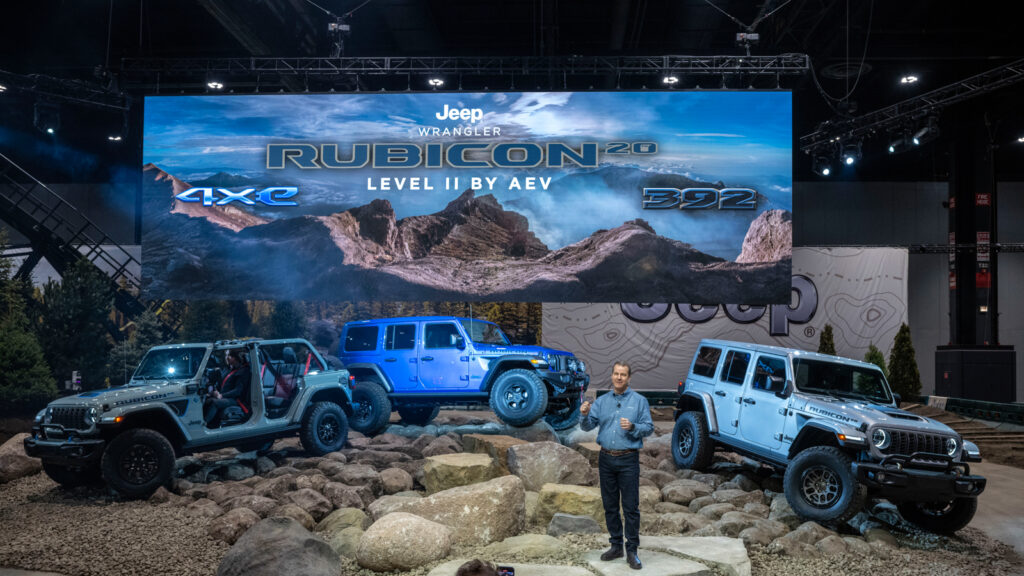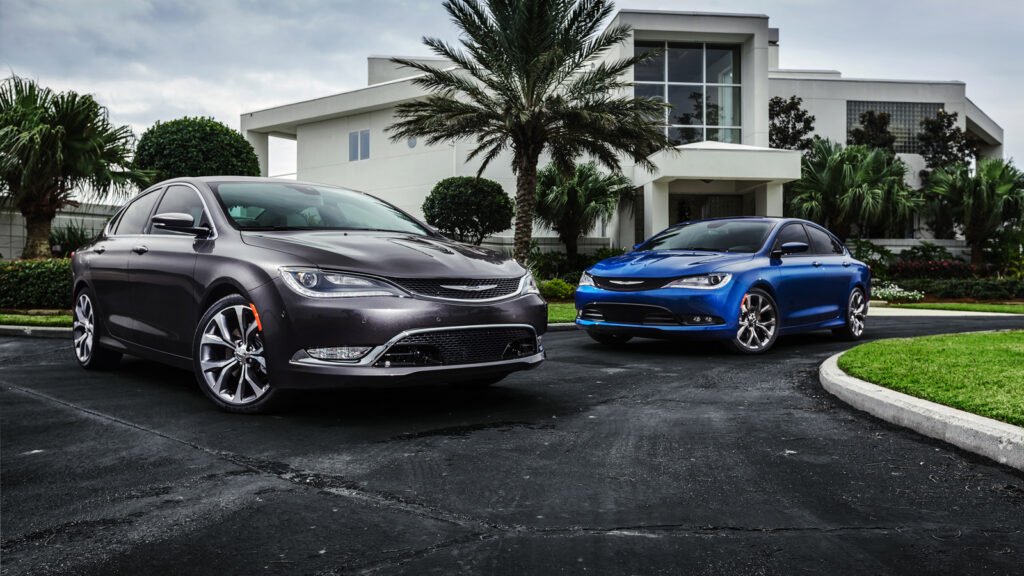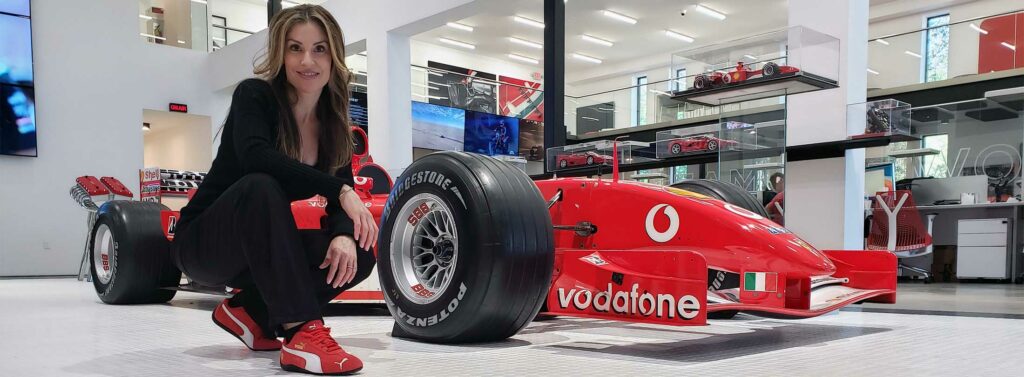In a surprising shift, the upcoming Super Bowl broadcast on February 11 in Las Vegas will not feature advertisements from major automakers Stellantis, General Motors (GM), or Ford. This decision marks a cost-cutting trend within the automotive industry, and it’s a departure from the memorable and occasionally controversial Super Bowl commercials that these companies have produced in the past.
Stellantis, the parent company of renowned brands such as Jeep, Ram, Chrysler, Dodge, and Fiat, announced its decision to abstain from advertising during this year’s Super Bowl. This move aligns Stellantis with its Detroit Three counterparts, GM and Ford, both of which have also chosen to forego Super Bowl advertisements.
This cost-saving initiative is part of Stellantis’ broader strategy, which includes not participating in events like CES in Las Vegas or the Chicago Auto Show. Diane Morgan, a company spokeswoman, explained, “With a continued focus on preserving business fundamentals to mitigate the impact of a challenging U.S. automotive market, we are evaluating our business needs and will make the appropriate decisions to protect our North America operations and the Company.”

Stellantis Adapts Marketing Strategies: A Case-by-Case Approach to Major Events
Stellantis’ decision follows its evaluation of its presence at major events, a process that began during the UAW strike last year. The company now assesses its participation in future shows on a case-by-case basis.
While Stellantis won’t be present during the Super Bowl broadcast, it remains uncertain whether the automaker will launch an alternative campaign, as it has done previously. In 2019, Fiat Chrysler Automobiles (before the merger with PSA Group that created Stellantis) opted out of the broadcast but aired seven spots on its brand and social media channels, including one featuring a herd of rams and music by Greta Van Fleet.
Stellantis’ Super Bowl commercials have often stood out for their impactful messaging. The 2011 “Born of Fire” spot, featuring Eminem and the tagline “Imported from Detroit,” served as both an advertisement for the Chrysler 200 and a boost for the city. However, the automaker has also courted controversy, such as in 2018 when a Ram Trucks ad used a portion of Martin Luther King Jr.’s speech.

General Motors Breaks Tradition: A Shift in Super Bowl Advertising Strategy
General Motors had already confirmed last fall that it would not participate in this year’s Super Bowl. GM spokeswoman Arianna Kughn emphasized the automaker’s commitment to aligning its media strategies with business priorities.
This marks the first time in the past four years that GM will not advertise during the Super Bowl. Last year, GM partnered with Netflix for a series of ads, featuring actor Will Ferrell, and showcasing GM’s electric vehicle lineup in various Netflix shows.
The cost of Super Bowl advertising has been a topic of debate within the automotive industry. Ford has abstained from Super Bowl advertising for several years, and Ford’s CEO, Jim Farley, has criticized the high costs, suggesting that they may not justify the spending.
The decision by Stellantis, GM, and Ford to skip Super Bowl advertising underscores a cost-conscious approach within the automotive industry. As these companies reevaluate their marketing strategies and budgets, it raises questions about the future of advertising during major sporting events like the Super Bowl.
Article by Juliana Chiovitti
IMAGES: STELLANTIS





